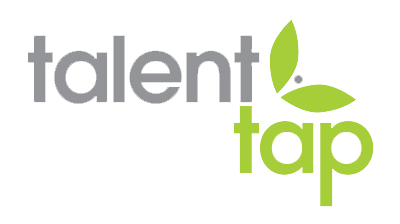Bigger Salaries, Smaller Candidate Pool. How Did We Get Here?
Bernadette Hill
September 6, 2022
Let’s say it plainly: Salaries are through the roof. If you’re an employer recruiting for open roles, you have probably felt the sting of a qualified candidate providing a salary range that makes your eyes pop out of your head. You may wonder why it seems that over the last couple of years, you cannot seem to remain competitive when it comes to compensation. The truth is, there has been a perfect storm of factors that have led us to the current state of job market compensation.
COVID and the Great Resignation
The entire world recently experienced something that happens maybe once every century or so. It affected things in ways we can’t even imagine. The Great Resignation was one MAJOR effect. Workers across the country had a reckoning with how work affected their lives; and as a result, they resigned in droves. Job seekers now have the upper hand. They can demand higher salaries while companies compete for their employment. There are some big name companies who can surely compete, but it leaves smaller companies, with less to offer in terms of pay, way behind.
But smaller companies can compete if they can provide other valuable benefits outside of money. During COVID, people learned the value of flexibility when it comes to work. They also realized that the lack of growth potential, diversity, and other factors from their employers meant more than previously realized. Allowing an actual work-life balance is now the baseline to retain talent. Additionally, providing professional development opportunities, promoting from within, elevating diverse voices, and investing in company culture are all potentially lower-cost actions your organization can take to attract the right candidates.
Money isn’t everything to everyone. Focusing on Employee Experience may be a different cost, but one that could earn companies not only more qualified candidates, but more long-term or “sticky” employees.
The elephant in the room: INFLATION
Inflation has been felt by everyone. There isn’t really anything anyone can do to stop this train. Until our government gets a handle on things, both companies and candidates will feel the squeeze of high prices.
Focusing on how you can support your employees through Inflation can be a way to attract and retain talent. For instance, put together a workshop on “Managing Finances through Inflation”.
Take the long view
At the end of the day, things will eventually balance out. The important thing for companies to remember is that they need to keep up with the times. Always be aware of how the state of the world or the country impacts the job market. Be creative with solutions, but ensure your focus is always on your people.
Share This Post!
Talent Tap Trends & Insights | Lancaster, PA



